

Current Stock
Land Rover Range Rover Velar P250 R-Dynamic SE
Market Price :
₹63,00,000
Car Street Fixed Price : ₹57,00,000
- 2020-07
- Petrol
- 70000 Km
- 3rd Owner
Reg : Gujarat
View More
- 2023-06
- Petrol
- 23000 Km
- 1st Owner
Reg : Delhi
View More
- 2020-03
- Petrol
- 23000 Km
- 1st Owner
Reg : Karnataka
View More
- 2017-02
- Petrol
- 22000 Km
- 1st Owner
Reg : Haryana
View More
- 2024-11
- Electric
- 4000 Km
- 1st Owner
Reg : Uttar Pradesh
View More
- 2021-09
- Petrol
- 53000 Km
- 1st Owner
Reg : Madhya Pradesh
View More
Buy Quality Used Luxury Cars in Delhi | Car Street
Are you searching for Used Luxury Cars in Delhi? Car Street is your go-to destination for premium pre-owned luxury vehicles that combine elegance, performance, and affordability. We offer a wide range of used luxury cars from top brands like Mercedes-Benz, BMW, Audi, Jaguar, Land Rover, and Porsche, ensuring you get the best value for your investment. Each car in our inventory undergoes thorough inspection and certification to guarantee quality, reliability, and an unmatched driving experience. At Car Street, we believe luxury should be accessible to everyone. That’s why we offer competitive pricing, easy financing options, and a seamless buying process. Whether you're looking for a high-performance sports car or a stylish luxury sedan, our expert team will assist you in finding the perfect match. Our transparent documentation, test drive availability, and customer-focused approach make us a trusted name in the Used Luxury Cars market.
If you wish to sell your Used Luxury Car, we ensure a quick, hassle-free process with instant valuation and secure payments. Visit Car Street today to explore our latest collection and drive home your dream luxury car effortlessly.
Car Street - Your Premium Destination to Buy Used Cars in Delhi
Looking for high-quality, Pre-Owned Luxury Vehicles in Delhi? Car Street is your trusted destination for top brands like Mercedes-Benz, BMW, Audi, Jaguar, Land Rover, and Porsche. We offer a perfect combination of style, performance, and affordability, ensuring a premium driving experience. Each car undergoes a thorough inspection and certification process to guarantee reliability and excellent condition. At Car Street, customer satisfaction is our priority. We provide transparent deals, hassle-free financing options, and a smooth buying process. Whether you need a stylish sedan or a powerful SUV, our expert team will help you find the ideal vehicle to match your budget and preferences. We also offer test drives, expert guidance, and seamless documentation for a stress-free purchase.
Planning to sell your car? Car Street offers instant valuation, secure payments, and a hassle-free selling experience. Visit our showroom or explore our latest collection online to drive home your dream car with confidence. Choose Car Street for the best selection of Pre-Owned Luxury Cars at competitive prices.
Experience Luxury at the Lowest Prices - Car Street
Looking for Used Luxury Cars at unbeatable prices? Car Street offers a premium selection of high-quality, Second Hand Luxury Cars at the most competitive rates. We bring you top brands like Mercedes-Benz, BMW, Audi, Jaguar, Land Rover, and Porsche, ensuring you experience the luxury and performance of premium cars without overspending. Every vehicle in our inventory undergoes rigorous inspection and certification to guarantee reliability, excellent condition, and a smooth driving experience. At Car Street, we make luxury affordable with transparent pricing, easy financing options, and a hassle-free buying process. Our team of experts helps you choose the perfect Second Hand Luxury Cars that matches your style and budget. Whether you’re looking for a high-performance sedan or a premium SUV, we have the right car for you.
In addition to selling luxury cars, we also offer a seamless selling process for those looking to trade their vehicles at the best market prices. Experience luxury, performance, and affordability all in one place. Visit Car Street today or explore our latest collection online to drive home your dream car at the lowest price.
Why Choose Car Street to Buy Used Cars in Delhi?
We specialize in sourcing the best deals on used luxury cars in Delhi. From sedans to SUVs, our comprehensive collection of pre-owned vehicles ensures you'll find the exact model to match your preferences and budget. Each car in our collection undergoes rigorous quality checks, ensuring that you receive the best in Luxury Car.
About Us
Car Street was founded by two brothers in New Delhi around 2001 with a vision to deal in second hand luxury cars, who worked its way up to become a registered company in 2015. It started off as one of the first few dealers in West Delhi dealing in quality Pre-Owned vehicles.
Car Street is a one-stop showroom for anyone who wants to own a pre owned luxury cars in Delhi & attain all the perks without spending a heartbreaking amount. With the head office being in New Delhi, we have a second such showroom in Mumbai & are working on opening further branches in other major cities. We conduct our operations across pan India while trying our best to bring you the gems and rarities of the Indian Pre-Owned Luxury Car Market. If you are also looking to buy pre owned luxury car, just WhatsApp your dream car and we will arrange it for you!
Car Sold
Current Car Stock
Get In Touch
Contact details
Address
E-30, Car Street Mini Naraina Vihar, New Delhi - 110028
Phone
Latest Blog Posts
Car Street FAQ | Luxury Cars, Your Way
Request a call
Thank You!
Your form has been submitted successfully.
We will contact you soon.

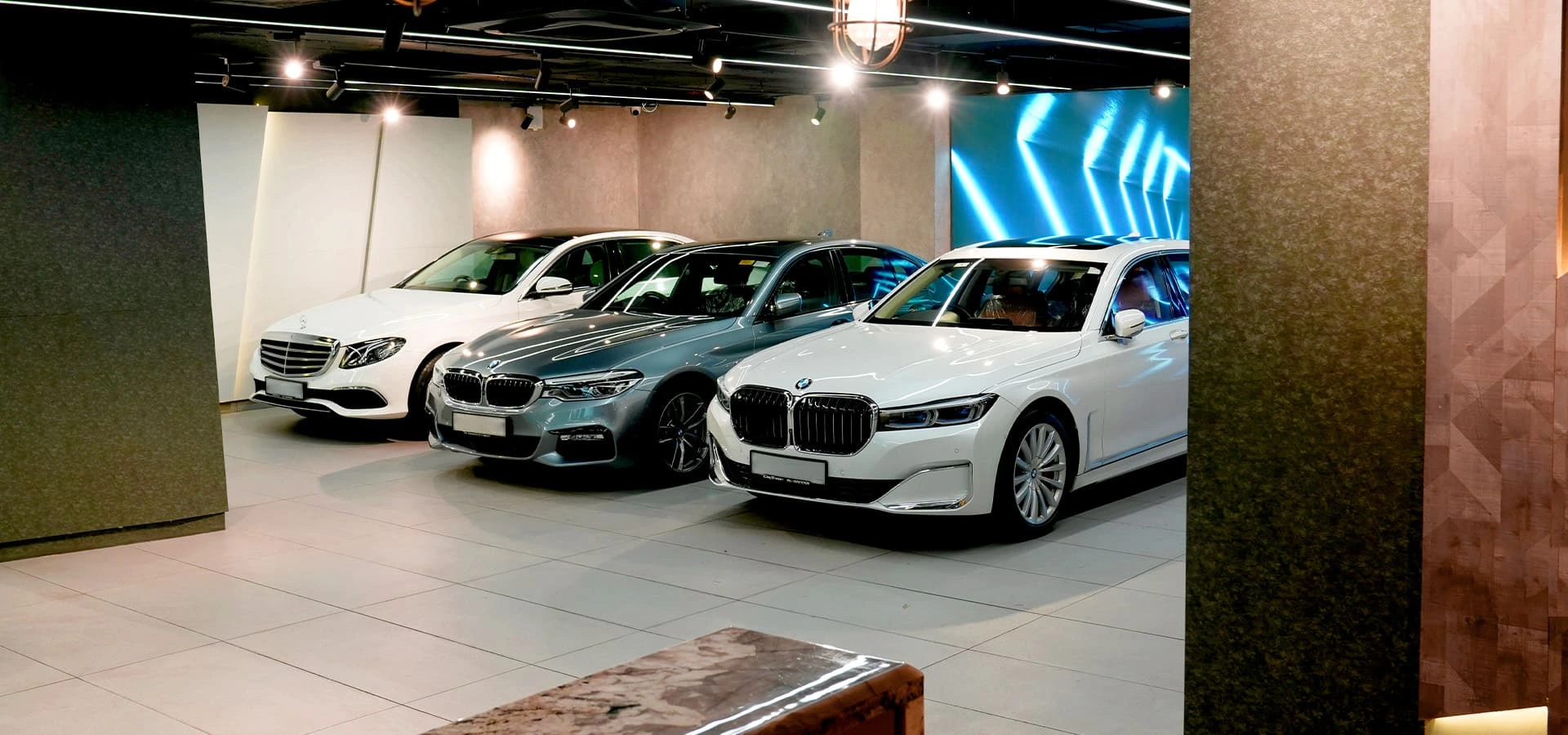
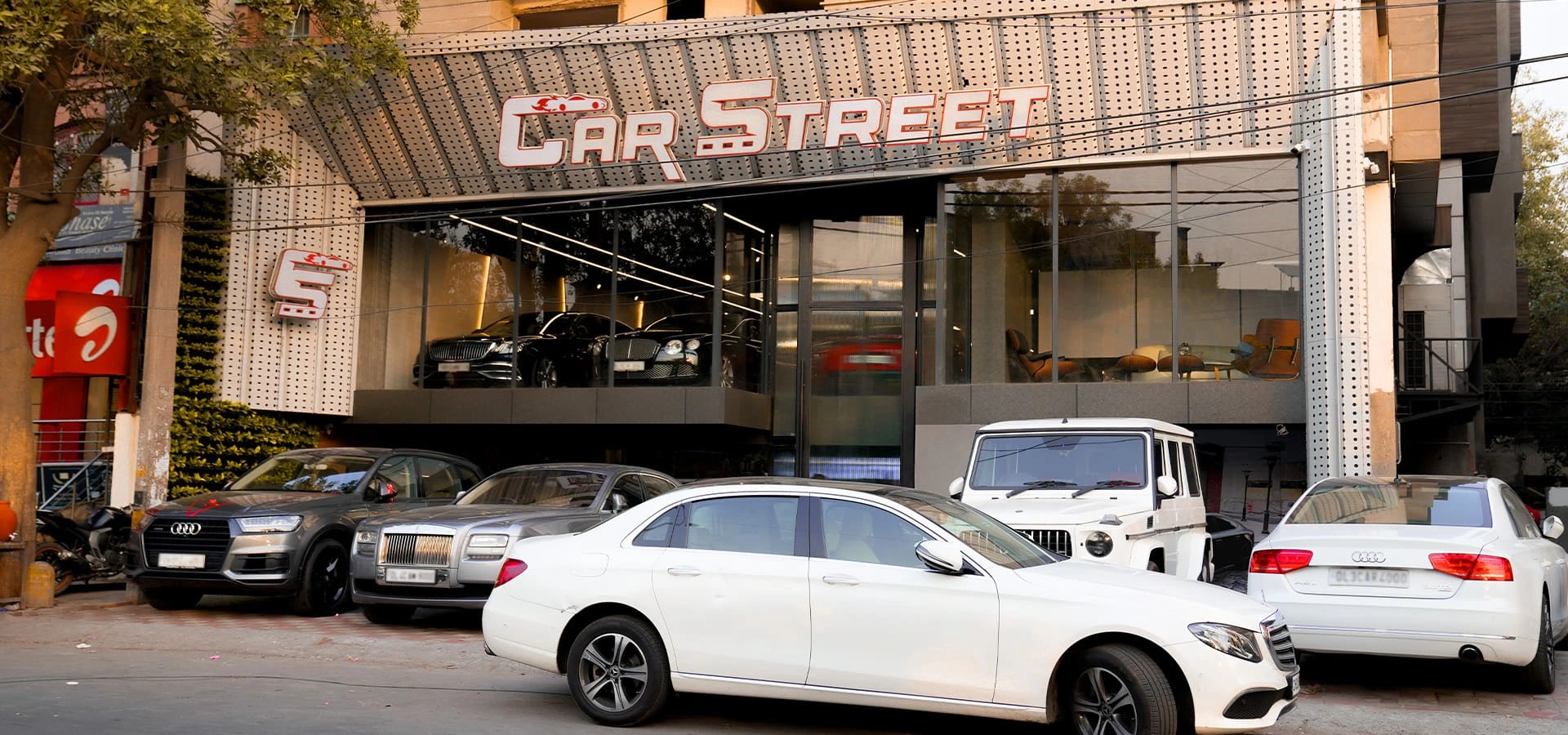

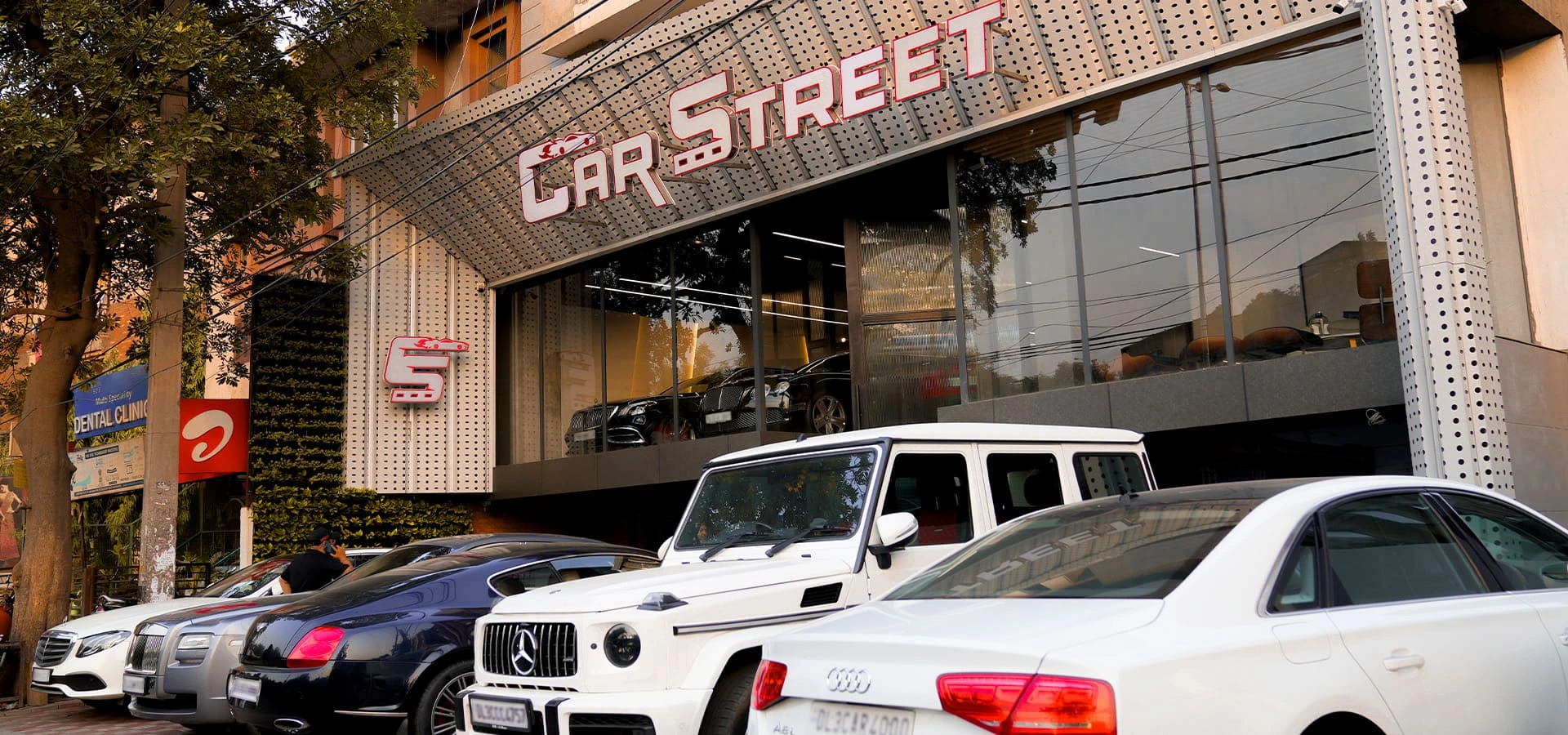


.jpeg)
.jpeg)
.jpeg)
.jpeg)

.jpeg)


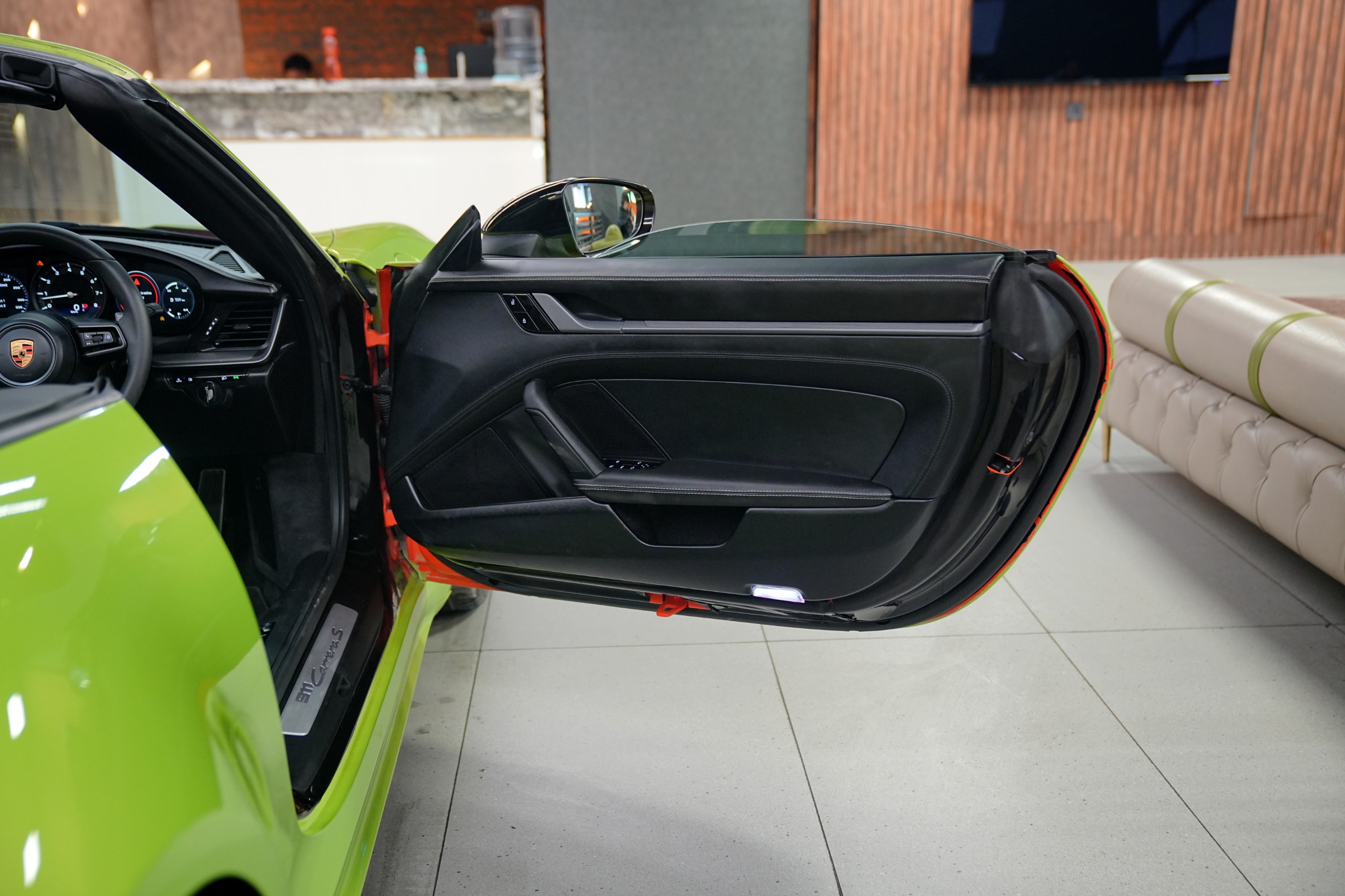
.jpeg)
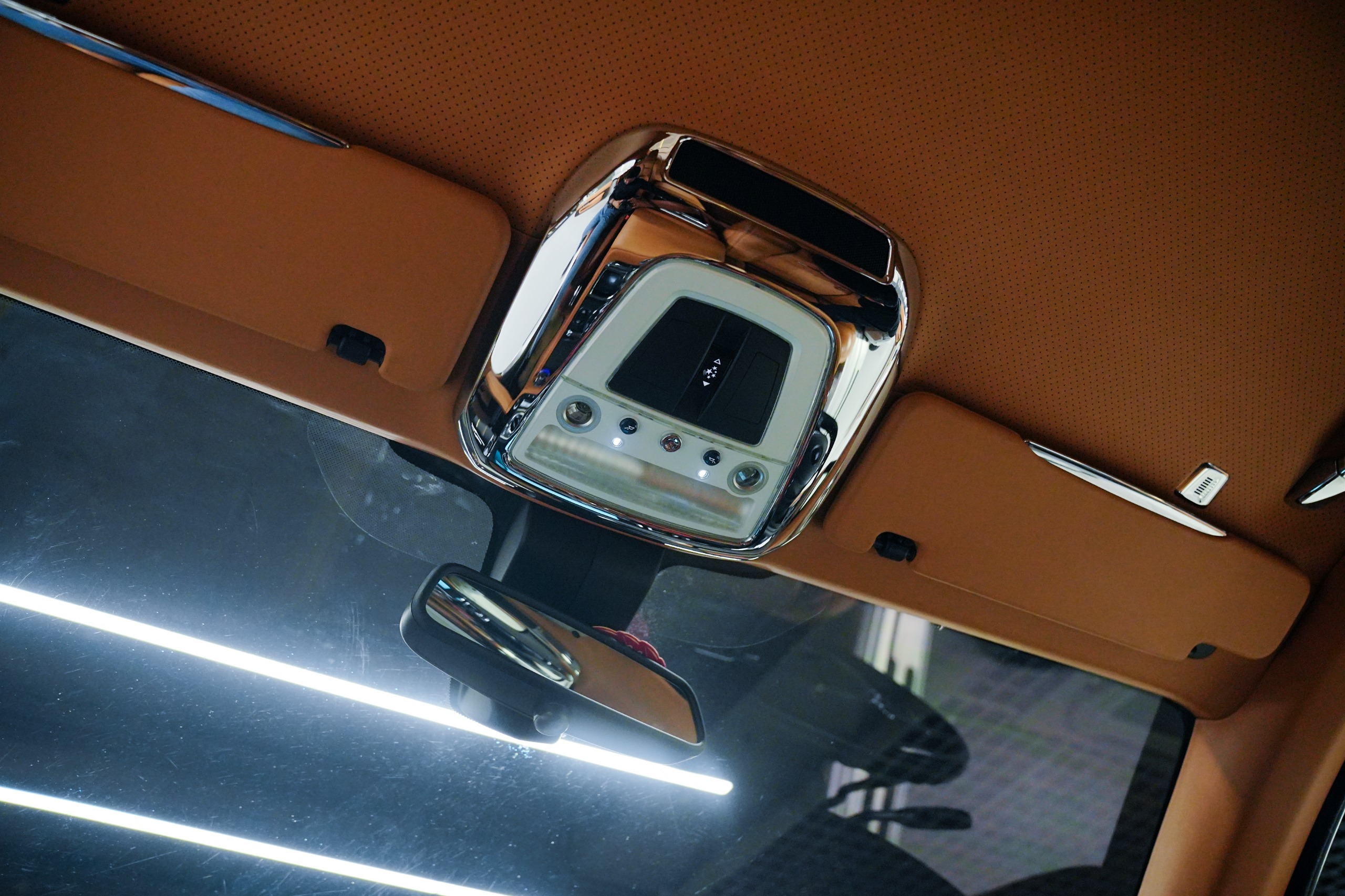

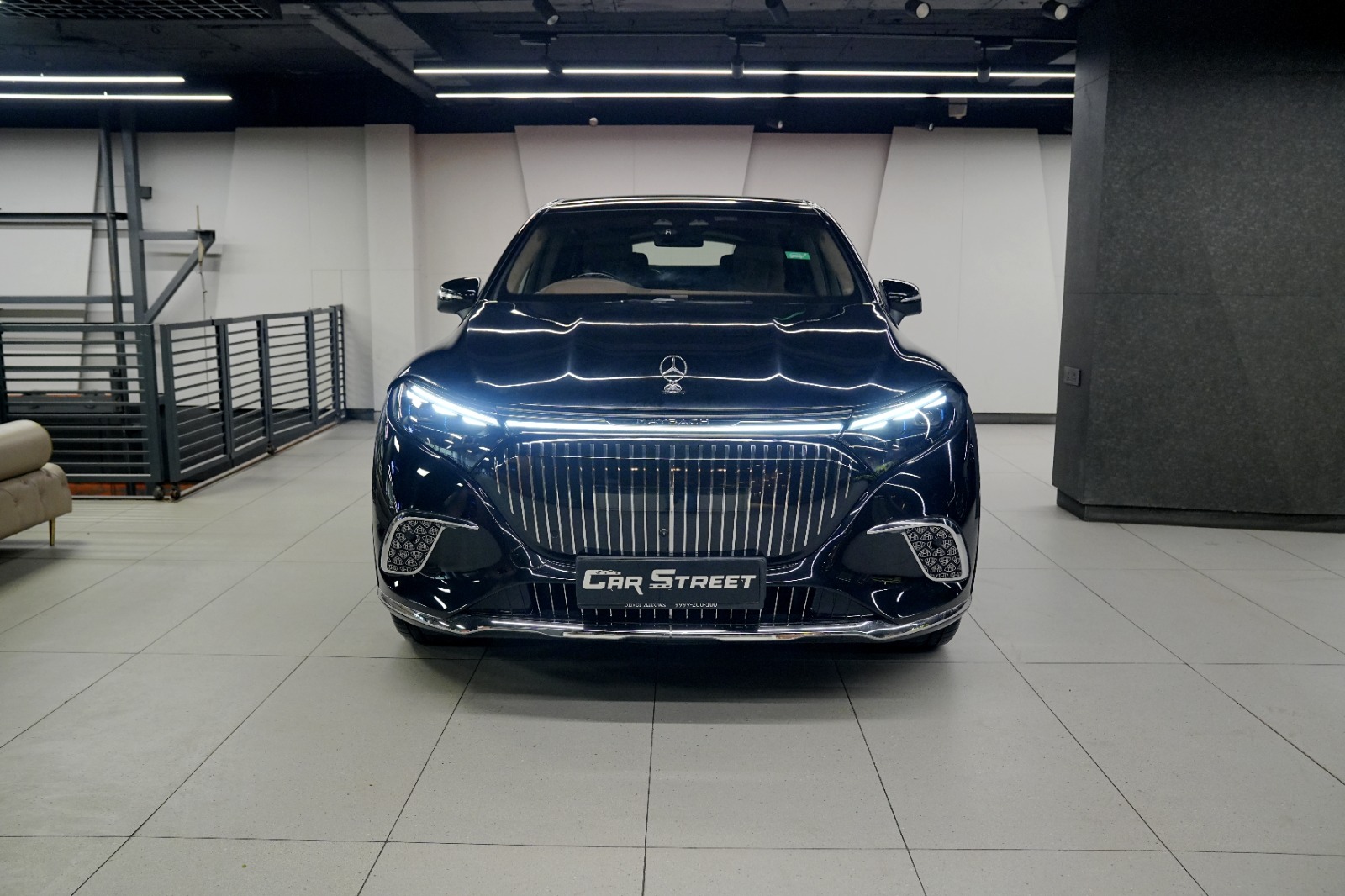
.jpeg)

.jpeg)
.jpeg)
.jpeg)













.webp)
.webp)
.webp)
.webp)